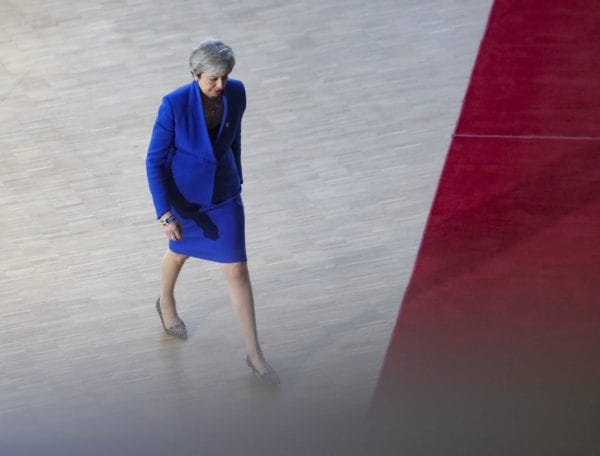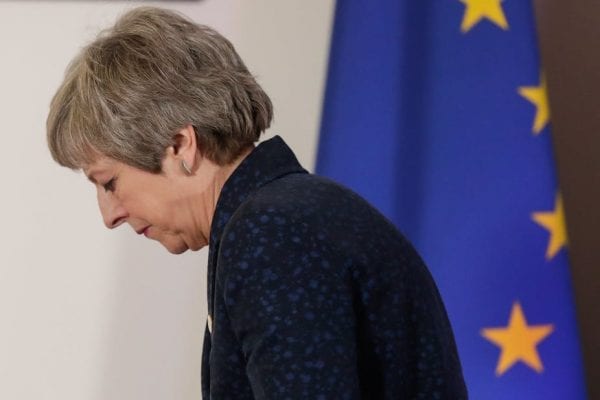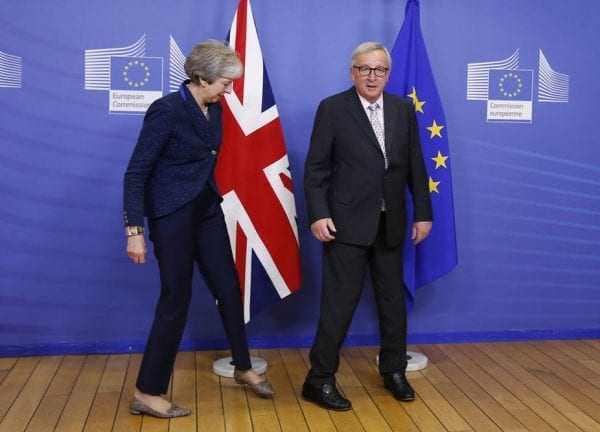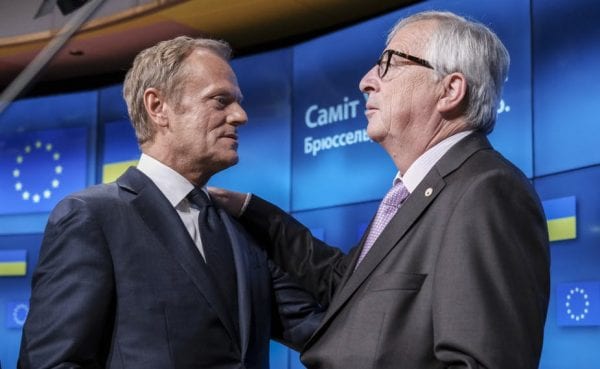Last week’s judgement in the High Court is a ringing endorsement of the sovereignty of Parliament. It asserts that ‘Parliament can, by enactment of primary legislation, change the law of the land in any way it chooses’ (at [20]).
It explains why the ‘subordination of the Crown (i.e. executive government) to law is the foundation of the rule of law in the United Kingdom’ (at [26]), including references to the bedrock of the UK’s Constitution, the Glorious Revolution, the Bill of Rights, and constitutional jurist AV Dicey’s An Introduction to the Law of the Constitution.
The Crown has broad powers on the international plane, for example to make and unmake treaties, but as a matter of English law, these powers reach their limits where domestic law rights are affected. EU law, by virtue of the European Communities Act 1972 (described again as a constitutional statute), does indeed have direct effect in domestic law. As a result of the fact that the decision to withdraw from the European Union would have a direct bearing on various

The Royal Courts of Justice in London, home of the Senior Courts of England and Wales. Credit- Anthony M. from Rome, Italy – Flickr
categories of rights outlined in the judgement (at [57]-[61]), the Crown cannot, without the approval of Parliament, give notice under Article 50. Continue reading →
 Theresa May has been granted a Brexit ‘flextension’ until the end of October. EPA/Olivier Hoslet
Theresa May has been granted a Brexit ‘flextension’ until the end of October. EPA/Olivier Hoslet









